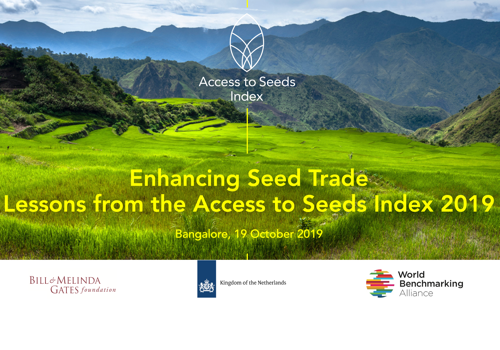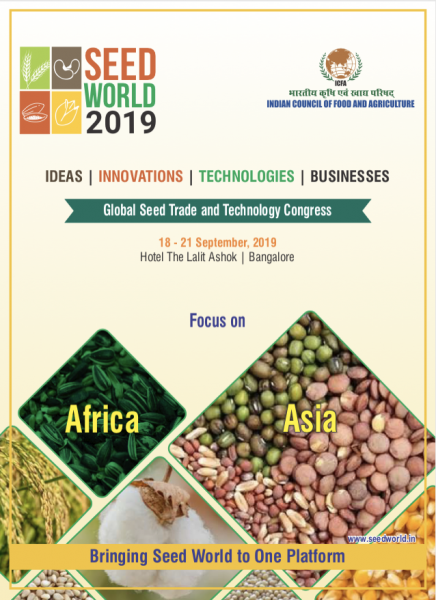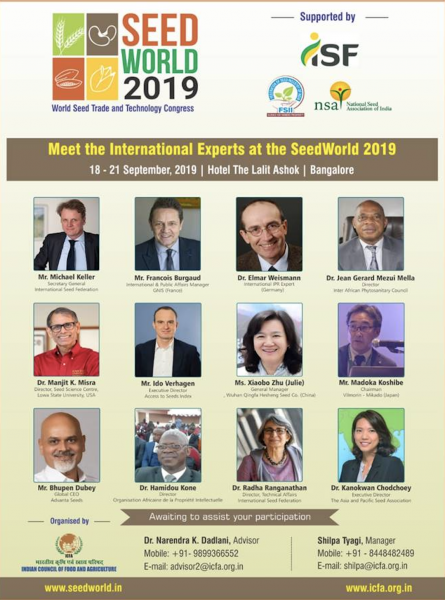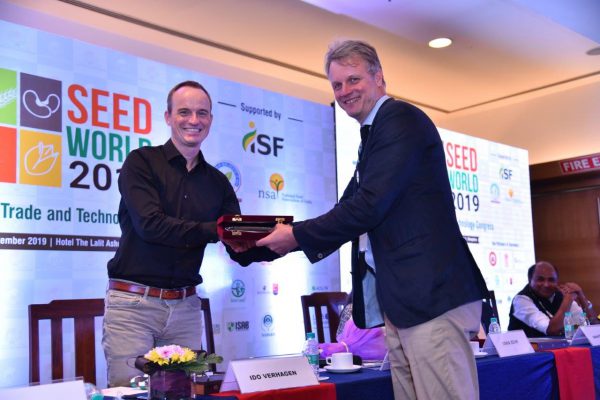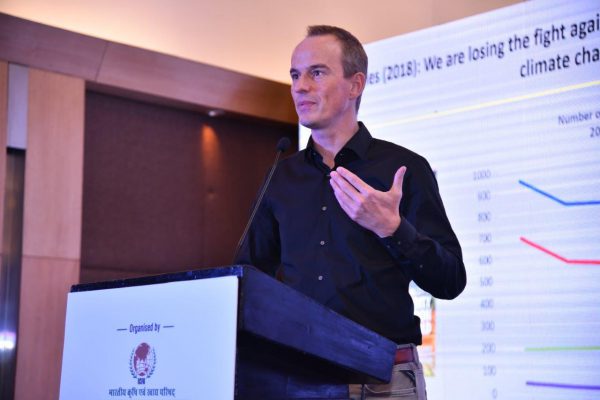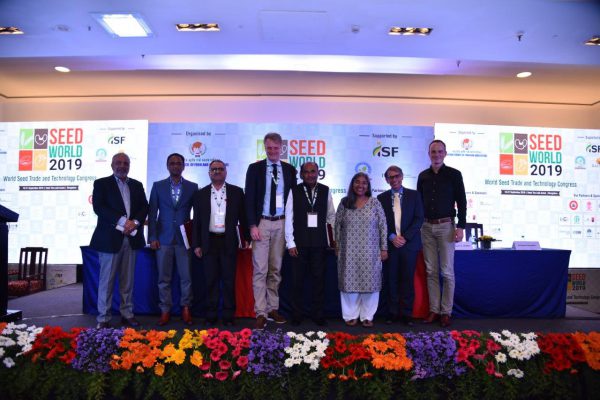In 2018, the United Nations warned that the world is losing the fight against malnutrition in Asia and Africa. According to the UN climate change is hitting agriculture in these regions hard. Helping farmers to grow their resilience by improving access to new crop varieties is the main strategy to tackle this challenge, UN agencies said.
In 2019, three alarming reports, by EAT Lancet, WRI and IPCC warned that without change, the global food production will destabilize the planet. It is possible, according to the scientists behind these studies to feed 1o billion people by 2050 while remaining within planetary boundaries. But not without transforming food production and food consumption. Again, seed is critical to fight this challenge.
In short, the relevance of enhancing seed trade, to ensure that new crop varieties reach farmers, especially in food insecure regions in Asia and Africa, can not be underestimated. It is the theme of this year’s Seed World Congress in Bangalore.
In the opening session of the congress, Access to Seeds Index executive director presented the findings of the 2019 Access to Seeds Index. The Index found that in all three regions in scope of the Index – South and Southeast Asia, Eastern and Southern Africa and Western and Central Africa – a vibrant landscape of professional seed actors – companies and cooperatives – are present to ensure that the coming decades all farmers in these regions can get their hands on good seed to fight climate change and malnutrition.



